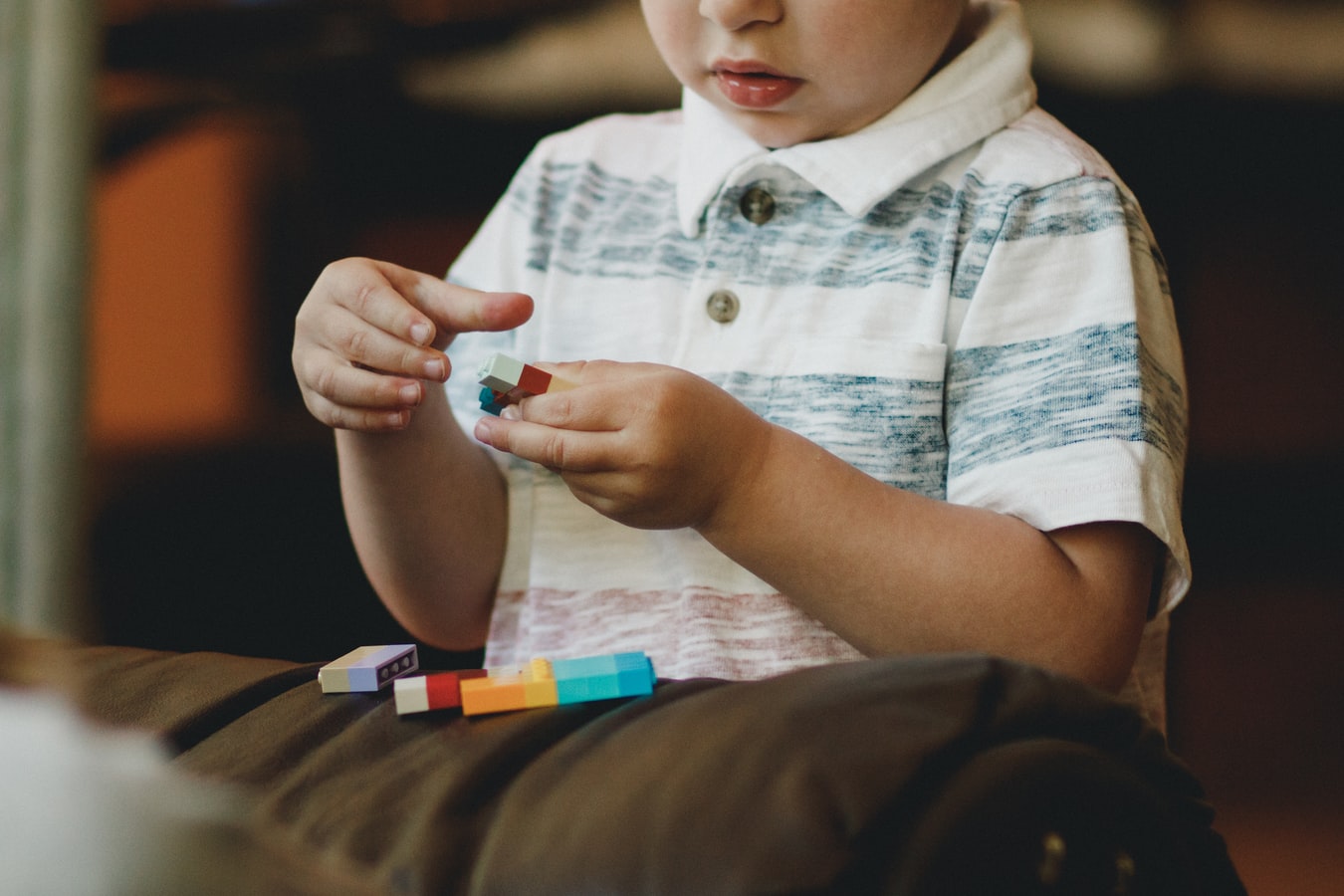Daily Tips to Support a Child With Autism As The School Year Starts

The COVID-19 pandemic has definitely impacted the way we all live our lives and how we go about our daily activities. As the new academic year starts, some parents are opting to embark on or continue online school for their child. For children on the spectrum, it will be very helpful for the family if parents are able to establish a new routine with a defined schedule and structure in place. Below are some examples and strategies to think about as you work to create a routine that works best for your family.
- Try to keep your children’s morning and bedtime routines the same as if they were preparing for school to give shape to each day. Don’t forget to maintain activities around daily living (such as hygiene, getting dressed and organizing materials)
- Contact teachers and providers to see if they already have a visual schedule in place. Once you have a clear structure and routine in mind, as a family you can create a visual schedule, with pictures or drawings. This can be a fun activity, and guarantees buy-in from your child.
- Put the schedule in an easy-to-access place and go through it several times each morning and throughout the day. Be realistic and patient as your child gets used to his or her ‘new normal’
- If more than one adult is at home or working from home, it might be helpful to coordinate your schedules as best as you can to tag-team monitoring your child’s schedule when needed
- Set clear limits on when technology can be used, and set up a clear token system with immediate, tangible rewards after the completion of a desired behavior or task. Rewards can include screen time, or a recreational activity of their choice.
- Keep appointments with your mental health providers via telehealth services (video and phone conferencing) for behavioral strategies, medical assistance and counselling
- Schedule and plan physical breaks that include fine/gross motor activities throughout the day in the schedule. Don’t forget to provide cues for different parts of the day such as timers/ alarms or verbal reminders fifteen minutes before the next scheduled activity. A sample schedule is below.
Sample of schedule.
(Add own activities and pictures to make it fun and personable).
- 7:30am – Wake Up: shower, get dressed, brush teeth, Breakfast, chores
- 9:00am – School Starts: Make schedule based on assignments in virtual classroom
- 10:30am – Physical Break: stretches, running, jumping jacks, short walks
- 12:00pm – Lunch
- 1:00pm – School Ends: Rewards/Fun time: ( Screen time allowed), virtual playdates for your children and FaceTime calls with family members
- 2:00pm – Physical break: Play outside in treehouse/jungle gym, go to the park, inflatable pool with sand, balls or water, soccer/ basketball.
- 4:00pm – Rest (No Screens): Social activity scheduling with Family: Puzzles and games, drawing, crafts, painting, baking/cooking, crocheting, reading
- 5:00pm – Free Time (Screens Allowed): TV, video games, talking with friends, home movie nights
- 6:00pm – Dinner: Family dinner time
- 8:00pm – Get Ready for Bed: Nighttime routine
The steps above can help create some structure and stability that will assist your child and family in adjusting to some of the challenges. Please remember your child’s treatment is also available to help, as we realize this can be a difficult time.
In the event a Caregiver or Family member is potentially exposed to the COVID virus, you may want to develop an emergency plan ahead. Update contact information with pictures and names of people with associated phone numbers and pertinent information on it, and help if there is a need to reach out. This information should also be shared with close contacts and those involved in the plan (such as providers, extended family members, trusted neighbors, etc.) in case of an emergency.
Adapted from: Bethany Vibert, PsyD (Full Article at Child Mind Institute)
Other References & Resources
AACAP – Resources for Helping Kids and Parents Cope Amidst COVID-19
NPR: How to Turn Your Home into a School without Losing Your Sanity
Harvard [J Sperling] Blog: School closed due to the coronavirus? Tips to help parents cope
Written by: Taiwo Babatope, MD, MPH, MBA